Save the Date! NISE-Lecture 2025
The yearly NISE-Lecture will take place on 19 November at 19hr in the Nottebohm-room of the Heritage Library Hendrik Conscience in Antwerp
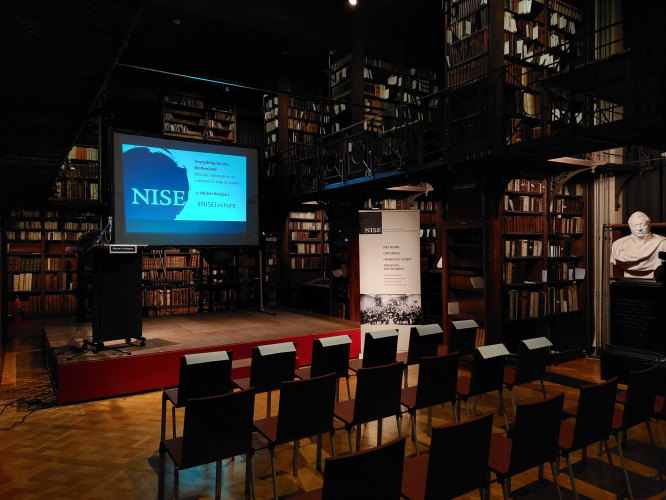
NISE is an international platform for research and heritage on national movements in Europe. It brings together researchers and research and cultural heritage institutions that are working on the study of nationalism in Europe from the eighteenth century to today. Our mission is to facilitate and stimulate exchange and collaborations across countries, disciplines and the scientific and cultural heritage sector.
More about NISE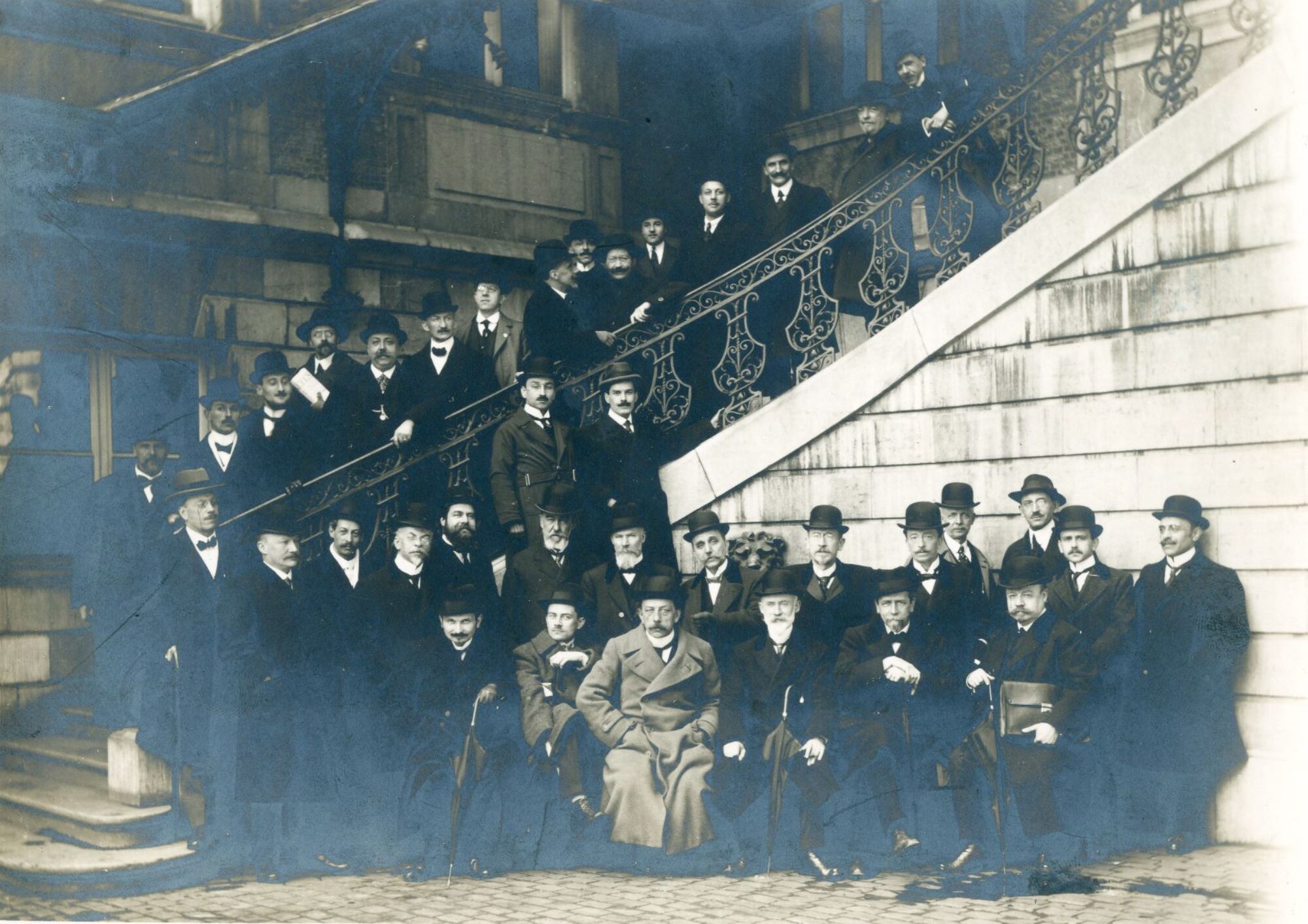
The yearly NISE-Lecture will take place on 19 November at 19hr in the Nottebohm-room of the Heritage Library Hendrik Conscience in Antwerp

Digital infrastructure for the analysis of national movements in Europe
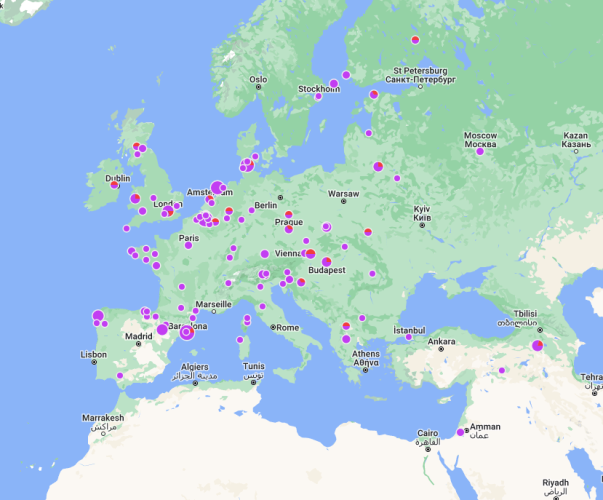
Discover relevant archives/heritage institutes related to (sub)national movements across Europe.
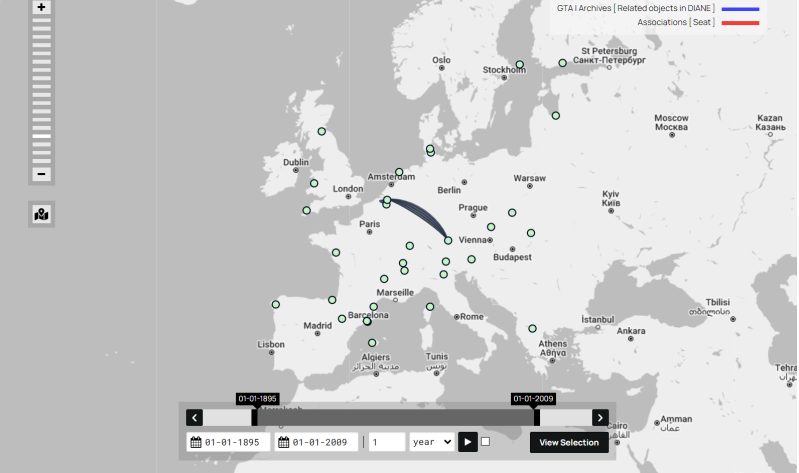
Read the latest NISE Letters and subscribe.
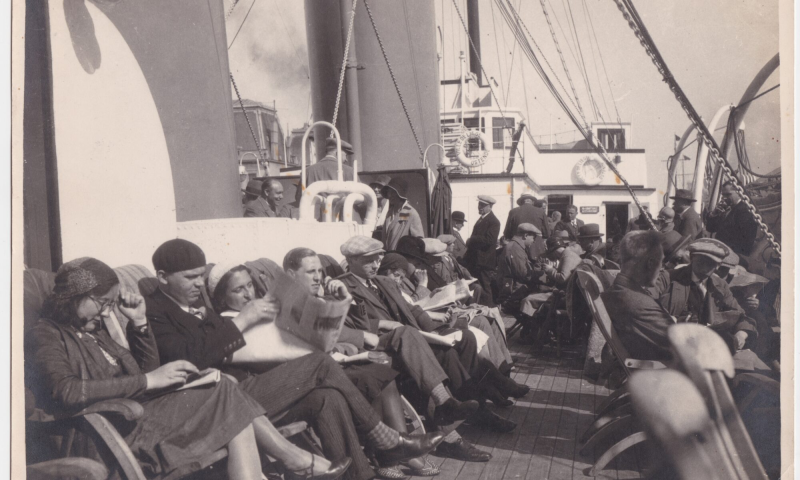
The NISELecture is a yearly event that takes place in Antwerp (Belgium). Its premise is to invite a keynote speaker that is an expert on an important topic related to nationalism and/or national movements in Europe.

The NISE-Essays provide a platform for our members to concisely present their research on national movements in Europe.
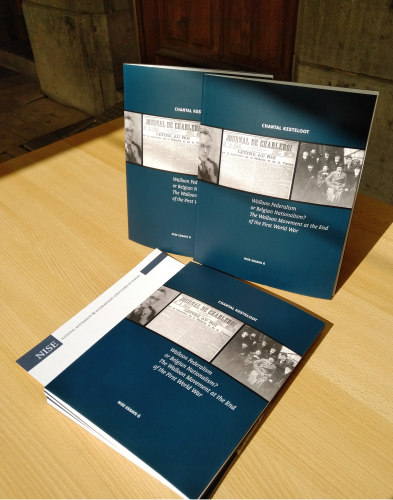
With Studies on National Movements (or SNM), NISE has its own peer-reviewed scientific journal. Adhering to the principles and technology of the Open Journal Systems (OJS), the online articles are accessible to all.
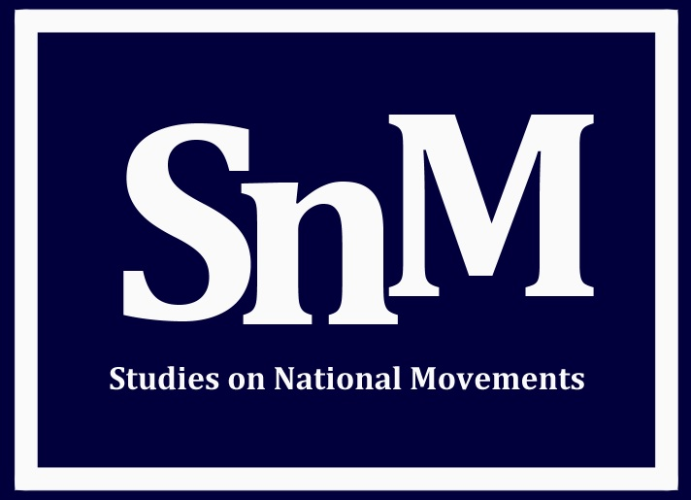
The State of Nationalism (SoN) is an online, open-source guide to nationalism that is jointly supported by National movements and Intermediary Structures in Europe (NISE) and the University of East London (UEL).

SPIN’s flagship project is the Encyclopedia of Romantic Nationalism in Europe (ERNiE) It is available in book form and online as a freely available open-access web resource.
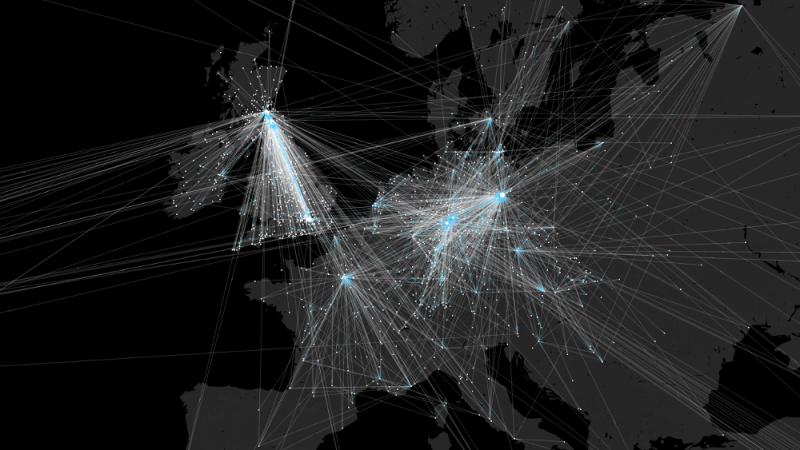
Relisten to the NISE Lecture 2024 here
